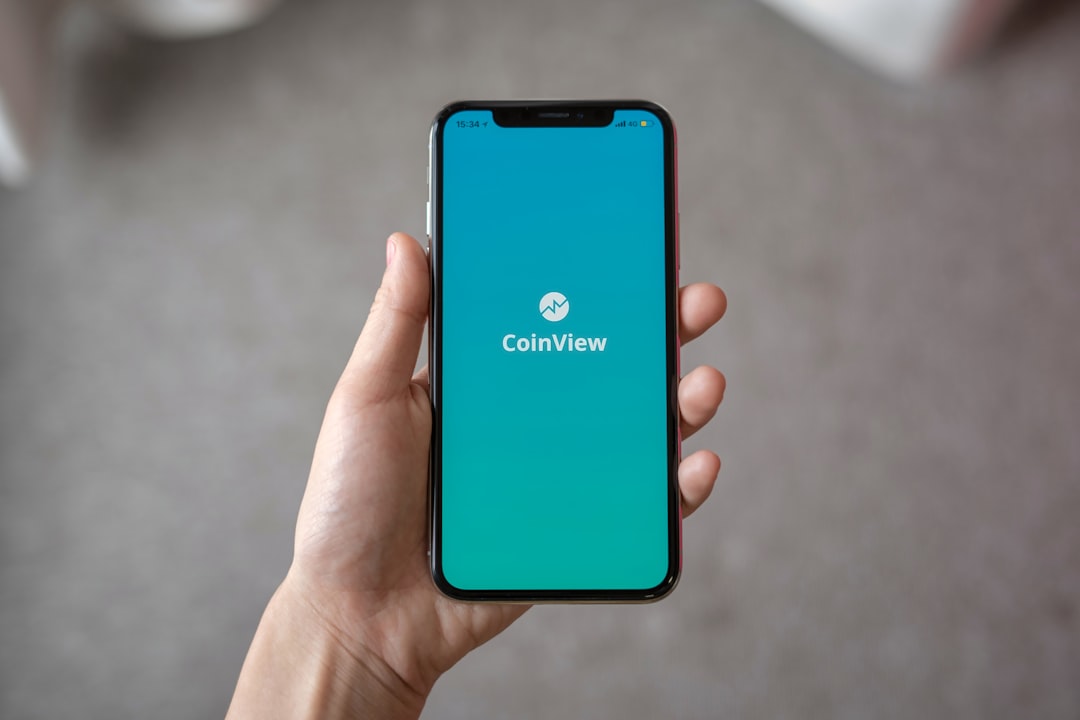Telemarketing research in San Antonio, while valuable for businesses, must adhere to stringent legal requirements, including the CAN-SPAM Act and Texas' Do Not Call laws. Universities collaborate with businesses to promote ethical practices, offering specialized courses and partnerships that guide responsible communication strategies. These institutions play a crucial role in refining telemarketing, ensuring consumer privacy, and preventing penalties by engaging Do not call lawyers San Antonio. Through industry discussions and tailored best practices, universities contribute to a compliant and trustworthy sales environment while helping businesses target consumers effectively within legal constraints.
“In the dynamic landscape of telemarketing, local universities in San Antonio play a pivotal role in shaping ethical practices and consumer protection. With the city’s thriving business environment, understanding the legal considerations surrounding telemarketing is crucial, especially regarding Do Not Call laws. This article explores how universities can collaborate with businesses to enhance research, avoid legal pitfalls, and ensure compliance with Do Not Call regulations represented by Do not call lawyers San Antonio, do not call attorneys San Antonio, and do not call law firms San Antonio. By fostering partnerships, universities can contribute to a responsible and effective telemarketing industry.”
Understanding Telemarketing Research and Its Legal Considerations in San Antonio
Telemarketing research involves the use of telephone communications to gather information from consumers in San Antonio regarding products and services. It’s a powerful tool for businesses aiming to refine marketing strategies, but it comes with legal considerations that must be respected. The CAN-SPAM Act and similar state laws, like those in Texas, outline rules for telemarketing activities, including do-not-call lists and consent requirements. Businesses engaging in such research must ensure they comply to avoid penalties and maintain consumer trust.
In San Antonio, understanding these legal aspects is crucial for universities conducting telemarketing research projects. Universities often collaborate with businesses on studies that rely on consumer interactions, but they must be mindful of privacy rights and consumer protection laws. Engaging a lawyer specializing in do not call regulations, like those found in the city, can help ensure compliance and protect both the university and participants from legal issues.
The Unique Role of Local Universities in Promoting Ethical Telemarketing Practices
Local universities play a unique and pivotal role in promoting ethical telemarketing practices in San Antonio. These institutions are instrumental in shaping the future of sales and marketing professionals by integrating robust ethics curricula into their programs. Through specialized courses, workshops, and industry partnerships, students learn the importance of responsible communication strategies, particularly in light of Do not call lawyer San Antonio and related regulations. By fostering a culture of ethical conduct, universities ensure that graduates are well-prepared to navigate the complex landscape of modern telemarketing while respecting consumer privacy and preferences.
Moreover, local universities serve as hubs for industry discussions and research, encouraging collaboration between academics and professionals. This synergy enables the development of best practices guidelines tailored to the specific needs of San Antonio’s business community, including those facing Do not call attorney or law firm concerns. By actively engaging with local telemarketing firms, universities can ensure that ethical standards are not just taught but also widely adopted and respected, contributing to a more trustworthy and compliant sales environment throughout the city.
How Universities Can Collaborate with Businesses to Avoid Do Not Call Lists
Universities in San Antonio can play a pivotal role in empowering businesses to enhance their telemarketing strategies while adhering to consumer preferences. By fostering collaborations with local firms, academic institutions can provide valuable insights and resources to combat the challenges posed by Do Not Call (DNC) lists. Researchers at these universities can conduct studies on consumer behavior and privacy preferences, offering actionable data to businesses targeting potential clients in San Antonio.
Through joint projects, university departments of marketing and law can work alongside businesses to develop ethical telemarketing practices. This collaboration may involve designing algorithms that learn from DNC list opt-outs, ensuring more accurate consumer segmentation. Moreover, legal experts can guide companies on compliance with Texas state laws regarding telemarketing, providing a robust framework to respect individual choices and avoid unwanted calls from do not call lawyer San Antonio, do not call attorney San Antonio, or do not call law firms San Antonio listings.
Benefits and Challenges: University-Industry Partnerships for Telemarketing Research
University-industry partnerships have emerged as a powerful tool in advancing telemarketing research and practices in San Antonio. Local universities, with their expertise and resources, offer numerous benefits to businesses seeking to enhance their telemarketing strategies. These collaborations can facilitate knowledge exchange, allowing researchers and industry professionals to work together on innovative solutions. By combining academic insights with real-world industry challenges, these partnerships can drive significant progress in areas such as consumer behavior analysis, regulatory compliance, and the development of advanced call center technologies.
However, navigating these collaborations comes with its own set of challenges. Ensuring mutually beneficial outcomes requires careful coordination and a clear understanding of both parties’ goals. Privacy concerns, data security, and ethical considerations are critical aspects that must be addressed to build successful partnerships. Moreover, aligning academic research with industry demands while adhering to legal constraints, such as those related to the Do Not Call lists in San Antonio, is essential to avoid potential legal pitfalls involving lawyer recommendations or law firm integrations. Effective communication and a shared vision are vital to overcoming these challenges and fostering productive relationships that contribute to the growth of telemarketing practices in the region.






